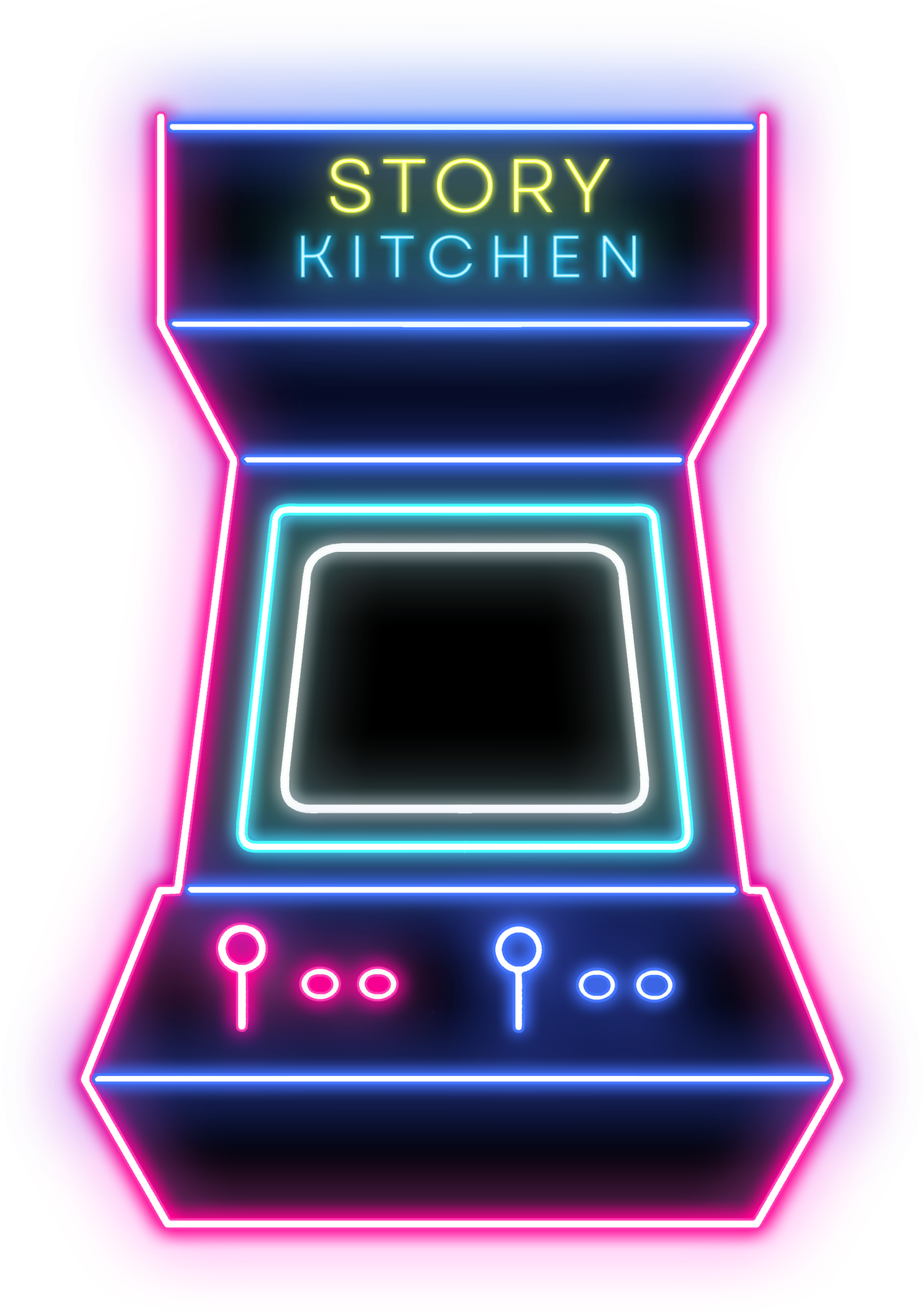Is This the Golden Age of Videogame IP?
The successes of ‘The Super Mario Bros. Movie’ and ‘The Last of Us’ are part of Hollywood’s embrace of a $200 billion entertainment market
“The Super Mario Bros. Movie”—based on the Nintendo mega-franchise about Mario and Luigi, Italian-American plumber-brothers from a cartoon Brooklyn—has dominated the box office since its April 5 release, grossing more than $1.15 billion globally.
That makes it not only the biggest film of the year but the most financially successful videogame adaptation of all time. Its success comes in the midst of a broader flourishing of gaming intellectual property, with studios plucking stories and characters from PlayStation, Xbox and Nintendo and spinning them into cinematic gold.
“Over the last 20 years, Hollywood was obsessed with adapting IP, but they started with Western folklore and fairy tales. We saw King Arthur movies, Peter Pan movies, a Hercules movie, and they mostly didn’t work,” said Matthew Ball, the former head of strategy at Amazon Studios, who is now CEO of the production company Epyllion. Younger and international audiences didn’t latch to those stories, Ball said, “so just as Hollywood started to look for new globally resonant IPs they could adapt, we saw an influx of narratively rich games.”
Ball pointed to “The Last of Us,” a 2013 videogame set in a pandemic, where players must fight zombified infected and make ethically fraught decisions in order to survive. When its TV adaptation was released by HBO Max this year, the show became a critical and commercial hit, with a premiere that drew HBO’s largest debut audience since the “Game of Thrones” spinoff “House of the Dragon.”
In 2019, Netflix’s adaptation of the acclaimed role-playing game “The Witcher” became a fixture of the streamer’s Top 10 list. “Sonic the Hedgehog,” the classic Sega game, made a fruitful jump to the silver screen with two films, released in 2020 and 2022, that made more than $700 million combined at the box office.
Ball believes this is a beginning of a new consensus in Hollywood: Just like Marvel superheroes and the deserts of Arrakis, videogames are closing in on the cultural mainstream.
More licenses from the $200 billion games industry are coming down the pipeline. Before the end of 2023, audiences will be greeted by “District 9” director Neill Blomkamp’s take on the “Gran Turismo” racing games and horror powerhouse Blumhouse’s interpretation of the cult slasher simulator “Five Nights at Freddy’s.” These auteurish treatments are a far cry from the corny, low-budget videogame adaptations of yore. (Witness the 2005 take on the horror classic “Alone in the Dark,” with its rare 1% rating on Rotten Tomatoes.)
“There was a lack of respect for storytelling in gaming. There was a lot of, ‘Hey kid, thanks a lot, I’m going to take your IP and turn it into a TV series,’” said Katherine Pope, president of Sony Pictures Television Studios, which shepherded “The Last of Us” to HBO prestige. She characterized the recent shift in favoring game IP as enormous.
“The biggest hurdle was convincing the games community that there are partners in Hollywood that respect them as artists,” said Dmitri Johnson, the CEO of DJ2 Entertainment, which recently scored a hit with the Sonic films.
DJ2 Entertainment is currently involved with a number of “Tomb Raider” projects—based on the renowned PlayStation adventure games—including an animated series, a new videogame, and an Amazon TV show written by “Fleabag” creator Phoebe Waller-Bridge. This will be the fourth time “Tomb Raider” will be imported to live-action media, following the early-aughts films starring Angelina Jolie and a 2018 title with Alicia Vikander. Johnson said that Crystal Dynamics, the longtime development studio behind the “Tomb Raider” games, agreed to collaborate after being ensured that the company would have a real creative input on the vision, which had been diminished in the past.
“In the past it was, ‘Give me that cool thing you made, and let the experts do it,’” Johnson said. “These people created something you care about enough to adapt. They should have a voice.”
A representative for Nintendo said that “The Super Mario Bros. Movie” aimed to “spark interest among consumers who don’t own our systems,” and that the company will continue to invest in entertainment expansion initiatives to broaden their appeal, including its animated-film division, Nintendo Pictures.
At Sony, where games and their companion films are made in-house, executives imagine something of an entertainment singularity in the future—where videogames, TV shows and feature films will exist in the same creative ecosystem.
“This is Sony’s big move. We want to turn our IP into global franchises by using all the arms of Sony,” said Asad Qizilbash, head of the company’s PlayStation Productions. “We see ourselves as just one spoke in a very exciting entertainment wheel.”



